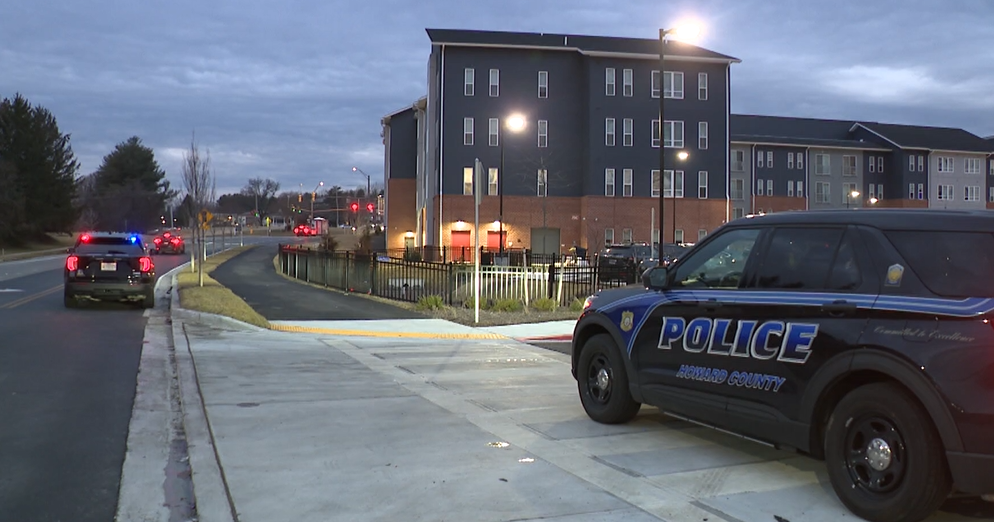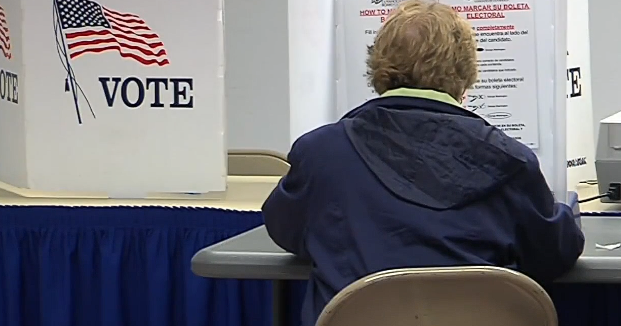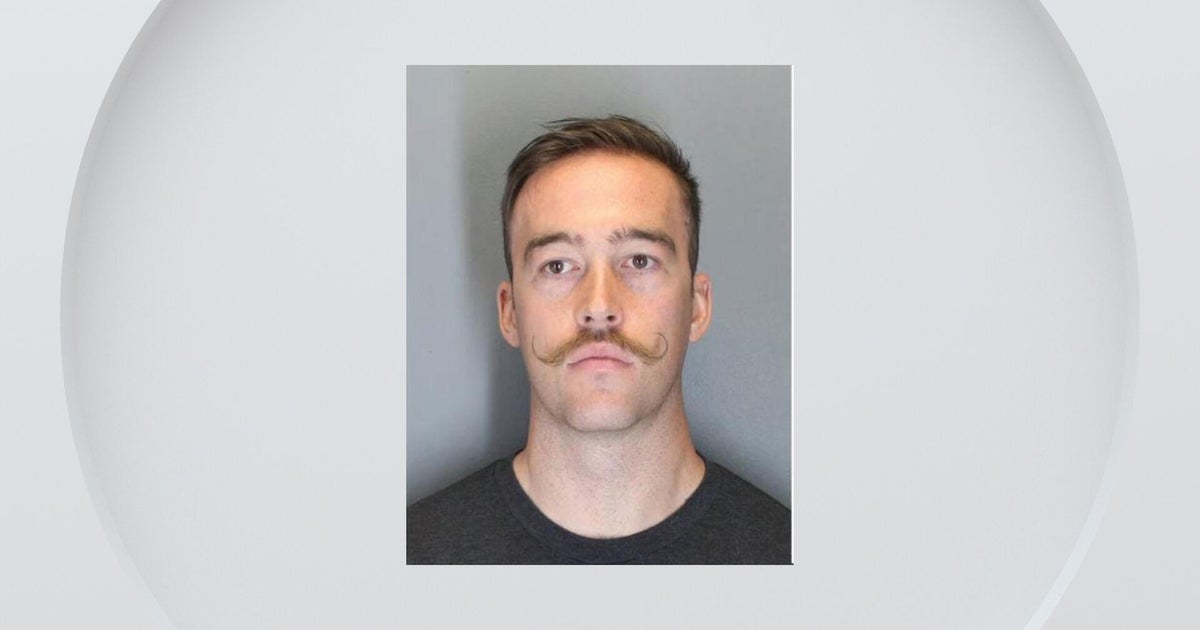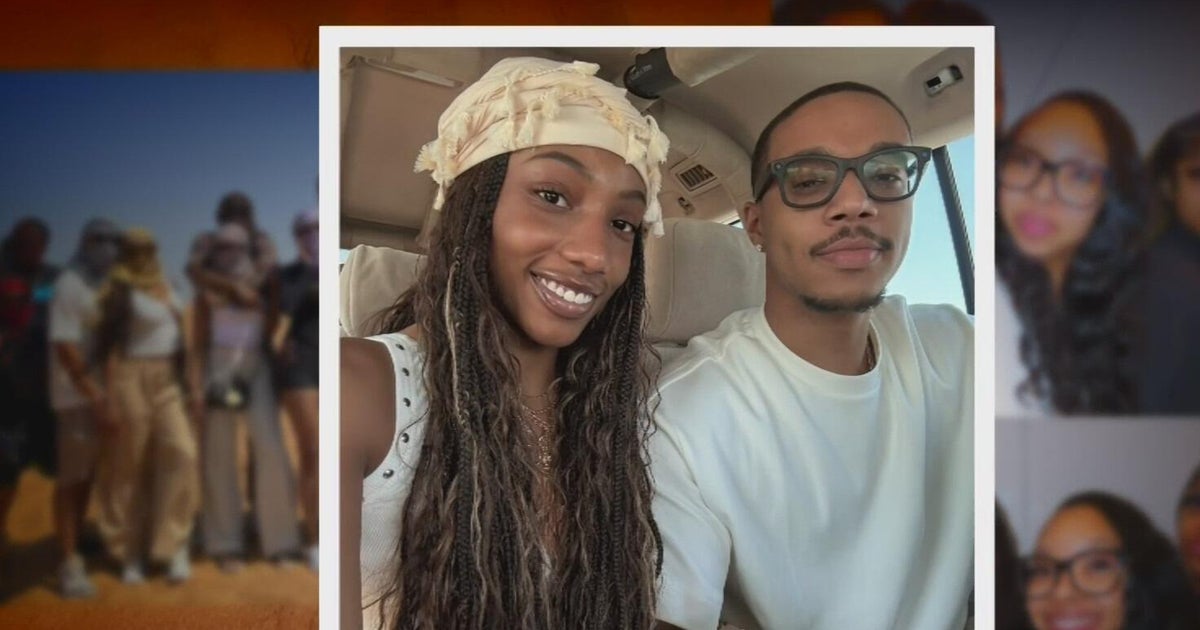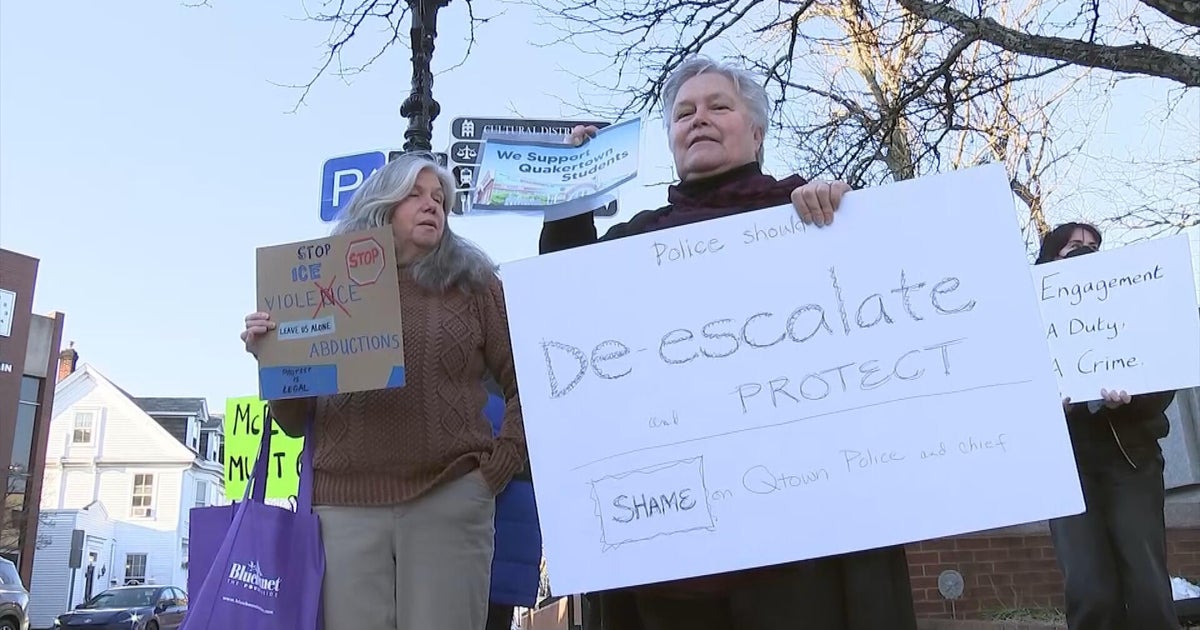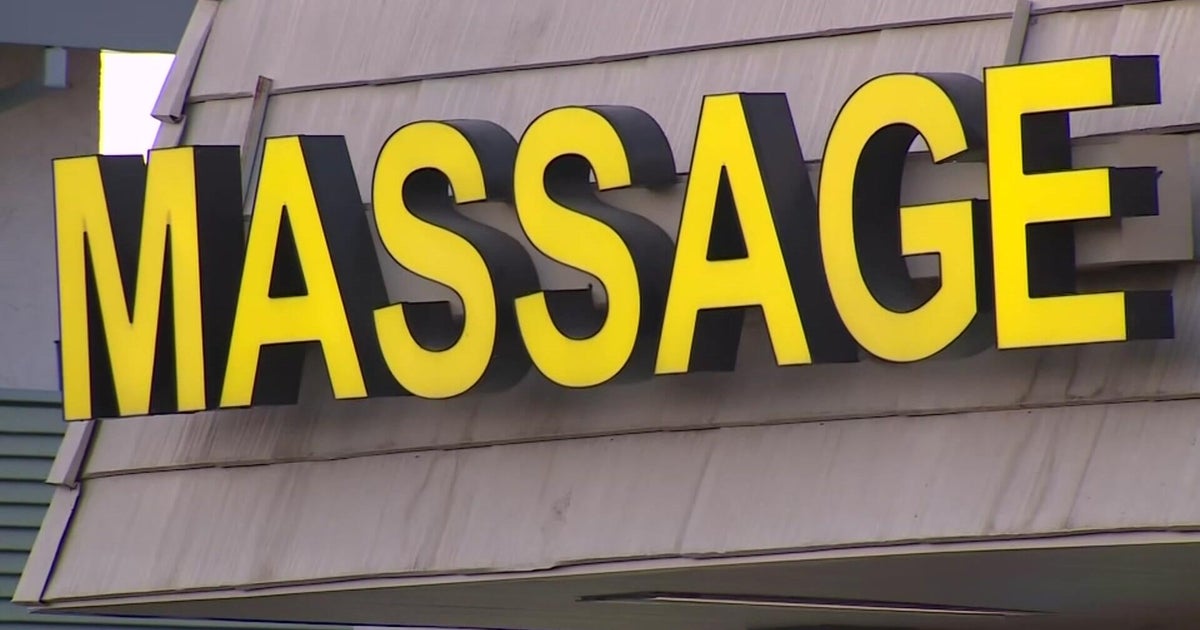Vatican: Pope's Encounter With Davis Not A Form Of Support
VATICAN CITY (AP) — The Vatican on Friday distanced Pope Francis from Kim Davis, the focal point in the gay marriage debate in the U.S., saying she was one of dozens of people the pope greeted in Washington and that their encounter "should not be considered a form of support of her position."
After days of confusion, the Vatican issued a statement Friday clarifying the circumstances of Francis' Sept. 24 encounter with Davis, a Kentucky county clerk who was jailed for refusing to issue same-sex marriage licenses.
In a statement, the Vatican spokesman, the Rev. Federico Lombardi, said Francis met with "several dozen" people at the Vatican's embassy in Washington just before leaving for New York.
Lombardi said such meetings are normal on any Vatican trip and are due to the pope's "kindness and availability." He said Francis really had only one "audience" in Washington: with one of his former students and his family.
"The pope did not enter into the details of the situation of Mrs. Davis and his meeting with her should not be considered a form of support of her position in all of its particular and complex aspects," Lombardi said.
Davis, an Apostolic Christian, spent five days in jail for defying federal court orders to issue same-sex marriage licenses after the Supreme Court legalized gay marriage nationwide.
A judge ultimately freed Davis on the condition she not interfere with her deputies issuing the licenses. When Davis returned to work, she replaced the licenses with new ones saying they were issued "pursuant to federal court order."
Davis said earlier this week that she and her husband met briefly with the pope at the Vatican's nunciature in Washington and that he encouraged her to "stay strong."
"Just knowing that the pope is on track with what we're doing and agreeing, you know, it kind of validates everything," she told ABC.
The Vatican statement made clear the pope intended no such validation.
However, Davis' lawyer, Mat Staver, told The Associated Press that the Vatican initiated the meeting as an affirmation of her right to be conscientious objector.
"We wouldn't expect the pope to weigh in on the particulars of any case," Staver said Friday.
He said Vatican personnel initiated the meeting on Sept. 14, the day she returned to work, saying the pope wanted to meet her. He said Vatican security picked up her and her husband from their hotel and told her to change her hairdo so she wouldn't be recognized since the Vatican wanted the meeting kept secret.
Staver disputed a Vatican spokesman's claims that the pope only met Davis in a receiving line. He said the couple was in a separate room with Francis and Vatican personnel.
News of the meeting sent shockwaves through the U.S. church, with Davis' supporters saying it showed the pope backed her cause and opponents questioning whether the pope had been duped into meeting with her.
Initially the Vatican only reluctantly confirmed the meeting but offered no comment.
On Friday, Lombardi met with Francis and issued a fuller statement to "contribute to an objective understanding of what transpired." Francis has made clear he dislikes being used for political ends, and Lombardi's statement appeared intended to make clear that the encounter should in no way be exploited.
Lombardi declined to say who invited Davis into the nunciature or what the pope knew of the case ahead of time. Such encounters are arranged by the Vatican ambassador and his staff, not the pope's delegation or the U.S. bishops' conference.
An assistant to Lombardi, the Rev. Thomas Rosica, said he believed the pope would have been given a list of names of the several dozen people who were invited to the embassy to bid farewell as he left Washington, but was unaware of the details of her case or any possible implications of the meeting.
"I don't think he knew the details, the full biographies of each person, except for the names of the people there," Rosica said.
"I don't think it's a matter of being tricked as of being fully aware of the situation and its complexities," he said. "I don't think anyone was willfully trying to trick the pope, and at the same time nor was the pope briefed properly on who was he meeting. He wasn't properly briefed on the person or the impact of such a visit."
He said Davis' supporters had "overblown" the encounter. "It could be distorted or manipulated. It could be exaggerated."
As he left the country, Francis told reporters who inquired that he did not know specific cases in detail, but he defended conscientious objection as a human right.
"It is a right. And if a person does not allow others to be a conscientious objector, he denies a right," Francis said.
(© Copyright 2015 The Associated Press. All Rights Reserved. This material may not be published, broadcast, rewritten or redistributed.)

